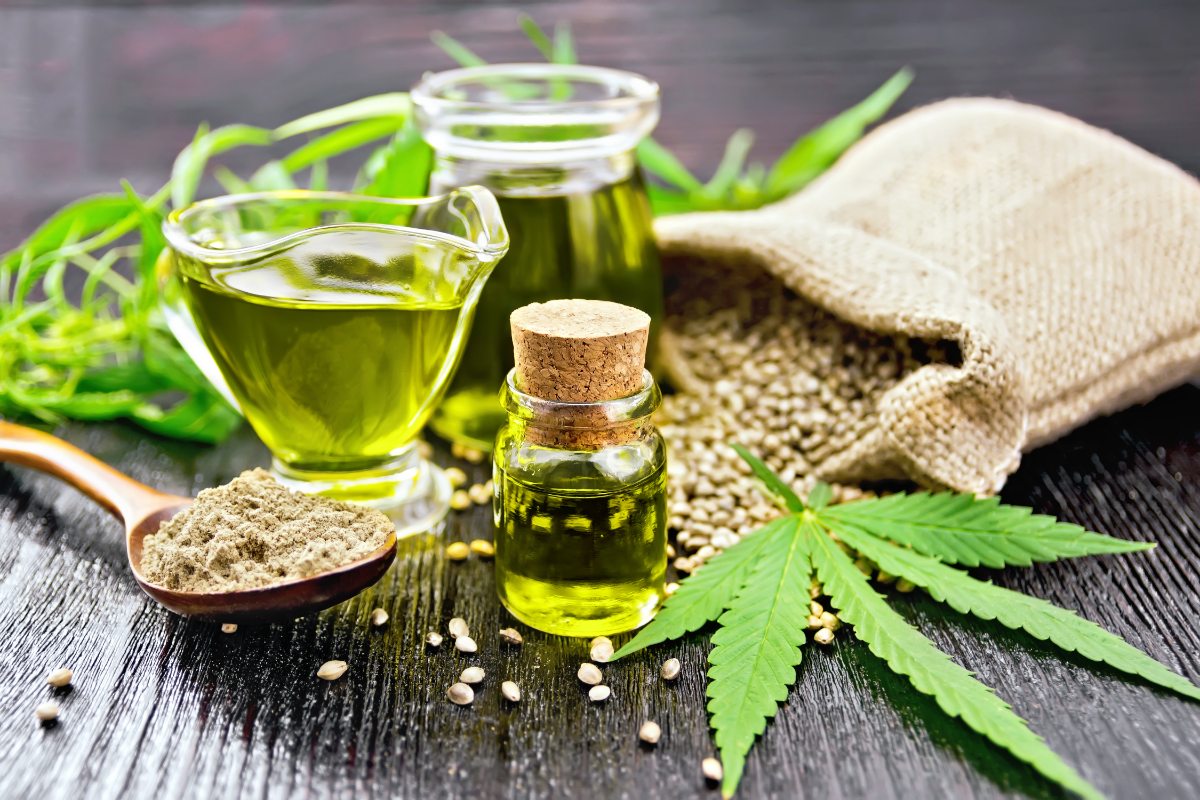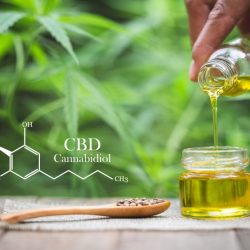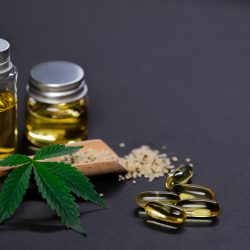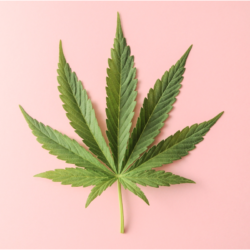The essential oil of hemp, known as cannabis, offers many therapeutic virtues despite a certain potential neurotoxicity. Contrary to its reputation for sedative properties, this oil stands out for its effectiveness in relieving inflammation of the digestive tract and respiratory tract. Particularly useful in cases of bronchitis or difficult digestion, cannabis essential oil requires a few precautions.
What is hemp?
What are the properties of this essential oil?
Hemp essential oil has a variety of applications and uses:
- When diffused, it helps you fall asleep and reduces stress thanks to the presence of pinenes and terpinolenes.
- Applied to the skin, diluted in a vegetable oil, it is used to treat muscular pain, congestion of the respiratory tract and skin infections.
- Inhalation is recommended to relieve asthma.
- It can be used sparingly in baths and orally.
Scientific aromatherapy properties of hemp essential oil include:
- Anti-inflammatory
- Airway decongestant
- Muscle relaxant
- Antifungal
- Relaxing and antispasmodic
- Broad-spectrum antibacterial
In terms of energetic aromatherapy, hemp essential oil helps the mind to relax and unwind, combating pessimism and nervousness.
Traditional indications for the use of this essential oil include:
- Dermatology: psoriasis, fungal infections, athlete’s foot, hives, eczema, acne, cracked skin.
- Muscle pain: multiple sclerosis, cramps, swelling.
- Respiratory disorders: bronchitis, asthma, sinusitis, hay fever.
- Gastrointestinal disorders.
- Hormonal: premenstrual syndrome, hormonal imbalance.
- Psychological: stress, sleep disorders, scalp irritation.
In cosmetics, hemp essential oil regenerates the epidermis and prevents skin ageing. Thanks to its healing properties, it is used in lip balms to combat chapping, as well as various cosmetic products such as soaps and shampoos to strengthen weakened hair.
In the culinary field, hemp flavours sweet products (sweets, cakes, lollies) and alcoholic beverages such as wine or beer.Indoors, a few drops of hemp essential oil in a diffuser will purify the atmosphere and repel insects.
How does it work?
Hemp essential oil contains a large number of terpene compounds, giving it a number of outstanding therapeutic properties. Its anti-inflammatory properties stand out in particular, thanks to α-pinene, β-pinene, myrcene, β-caryophyllene, α-caryophyllene (α-humulene) and terpene epoxides. These compounds slow down the inflammatory reaction by acting directly on the adrenocortical glands.
In addition, hemp essential oil has significant expectorant and decongestant properties. The α-pinene and β-pinene, rich in terpenes and terpene oxides, facilitate the expulsion of mucus from the bronchi by relaxing the endothelium of the bronchial cells.
In addition to these main properties, hemp essential oil acts as a blood thinner and sedative. These effects, combined with its anti-inflammatory and expectorant properties, make it a versatile remedy for a variety of ailments. It is particularly effective for massaging painful areas and relieving local inflammation, but should be diluted in a vegetable oil before application.
What are the precautions for use?
Despite its many virtues, hemp essential oil can be risky to use. It is not recommended for pregnant women or children under the age of 3, due to safety precautions.
- The essential oil should be diluted 20% (20% essential oil, 80% vegetable oil) to avoid skin irritation.
- Do not expose to the sun for 8 hours after application to prevent the risk of photosensitisation.
- Contains limonene and linalool, known for their allergic risks. A skin test (two drops in the crook of the elbow for 24 hours) is recommended before use.
- Not recommended for pregnant or breast-feeding women.
- Do not use on children under the age of 3.
- Medical advice is advised for people taking medication.
- Keep out of reach of children.
- Flammable product: handle with care.
- May cause severe skin and eye irritation.
- Risk of allergic skin reaction.
- Potentially fatal if swallowed and enters the respiratory tract. If accidentally swallowed, do not induce vomiting.
- Toxic to aquatic organisms with long-term effects.
Not recommended for food use. It is essential to observe all precautions for use and to carry out a preliminary test to minimise the risk of adverse reactions.





